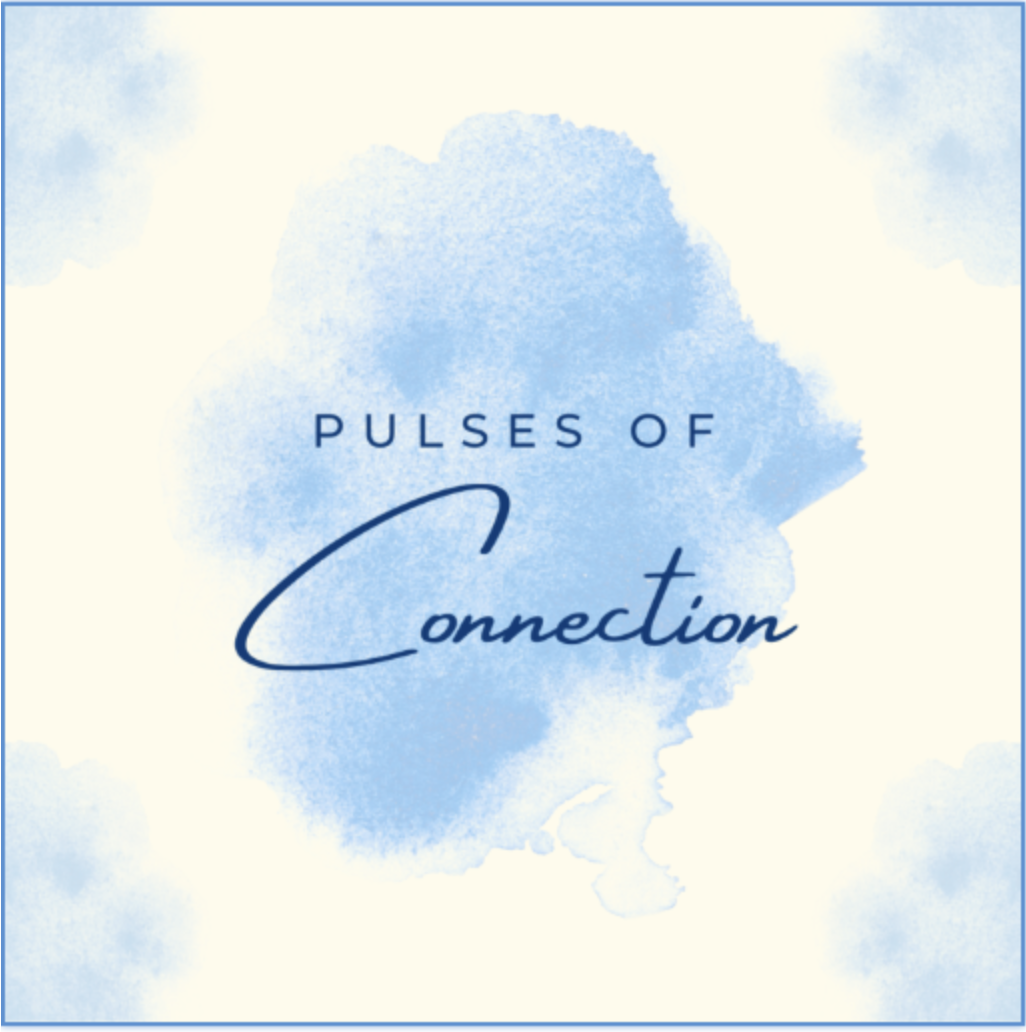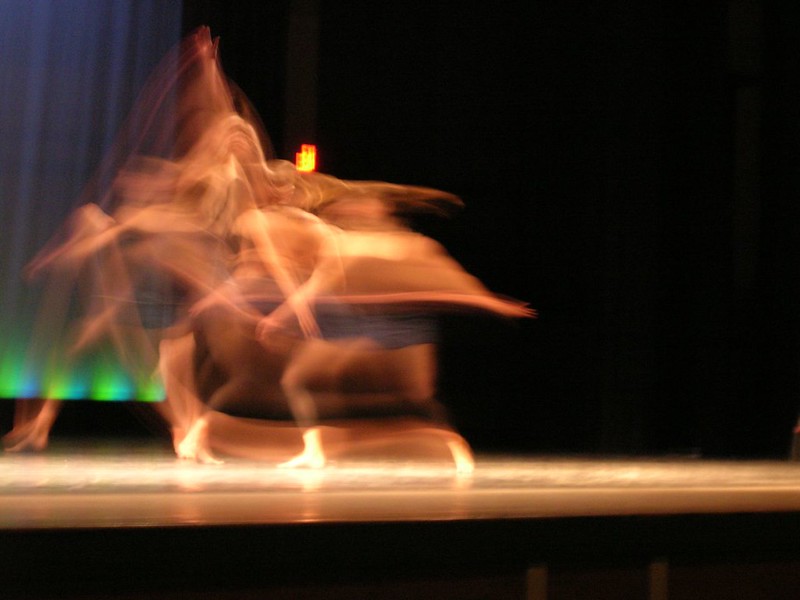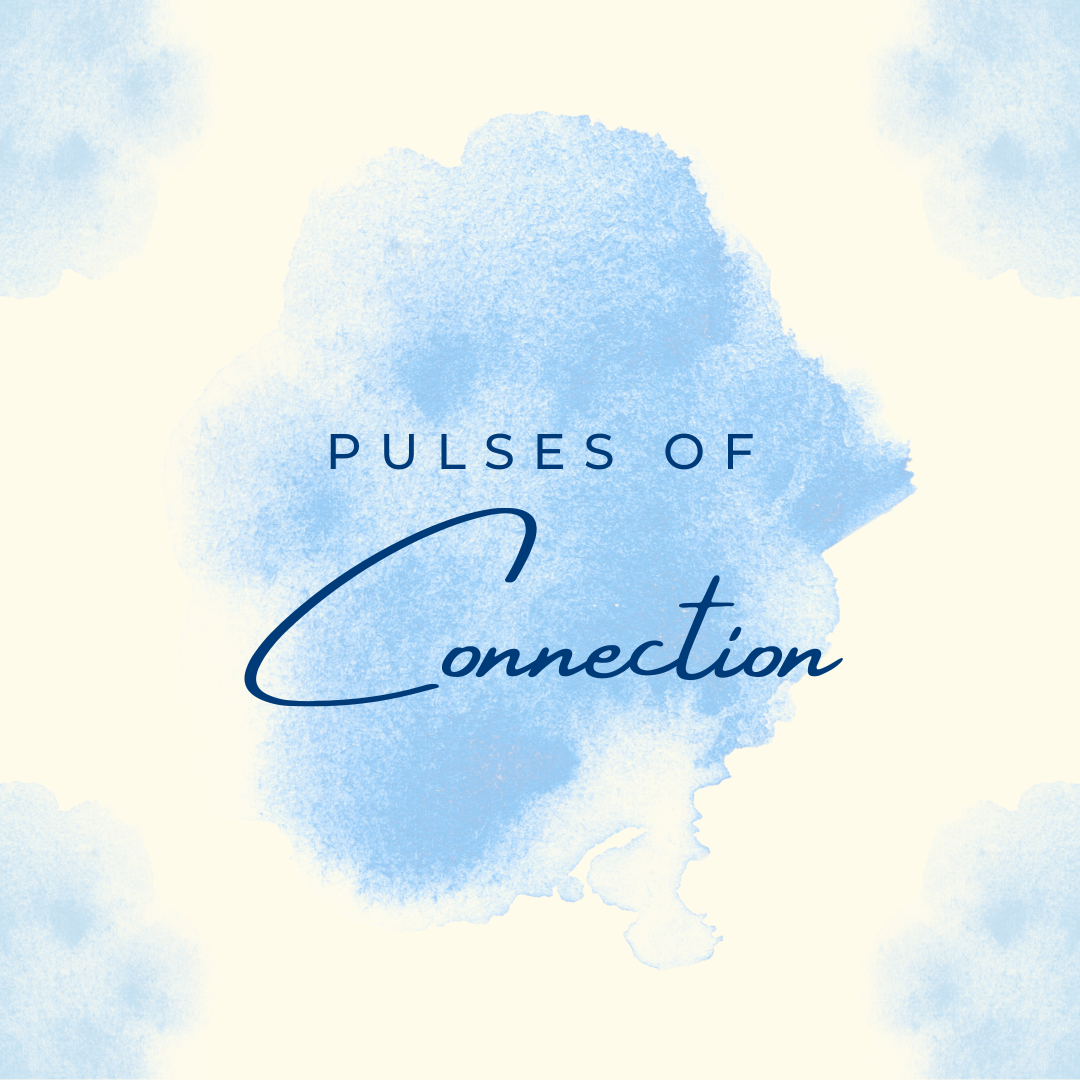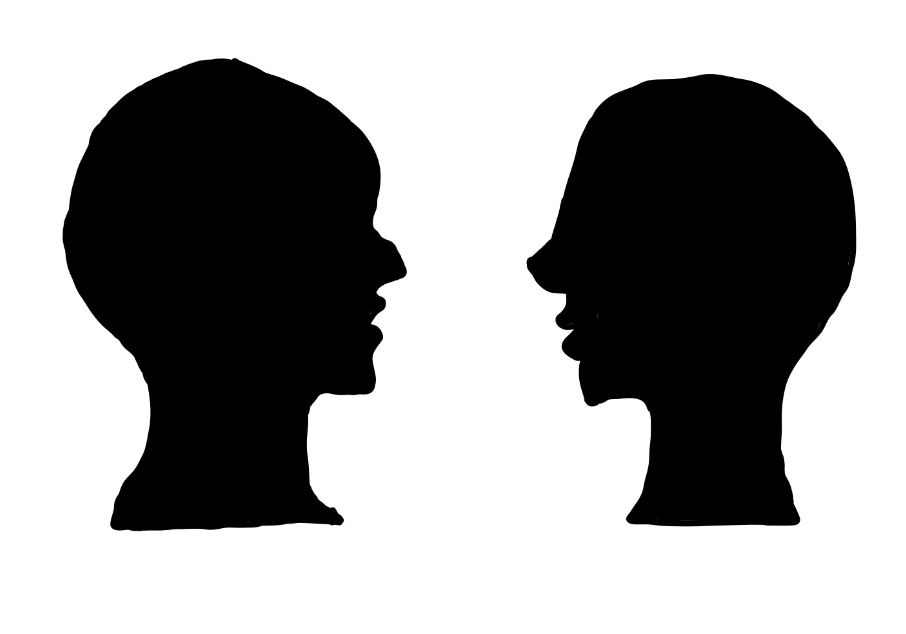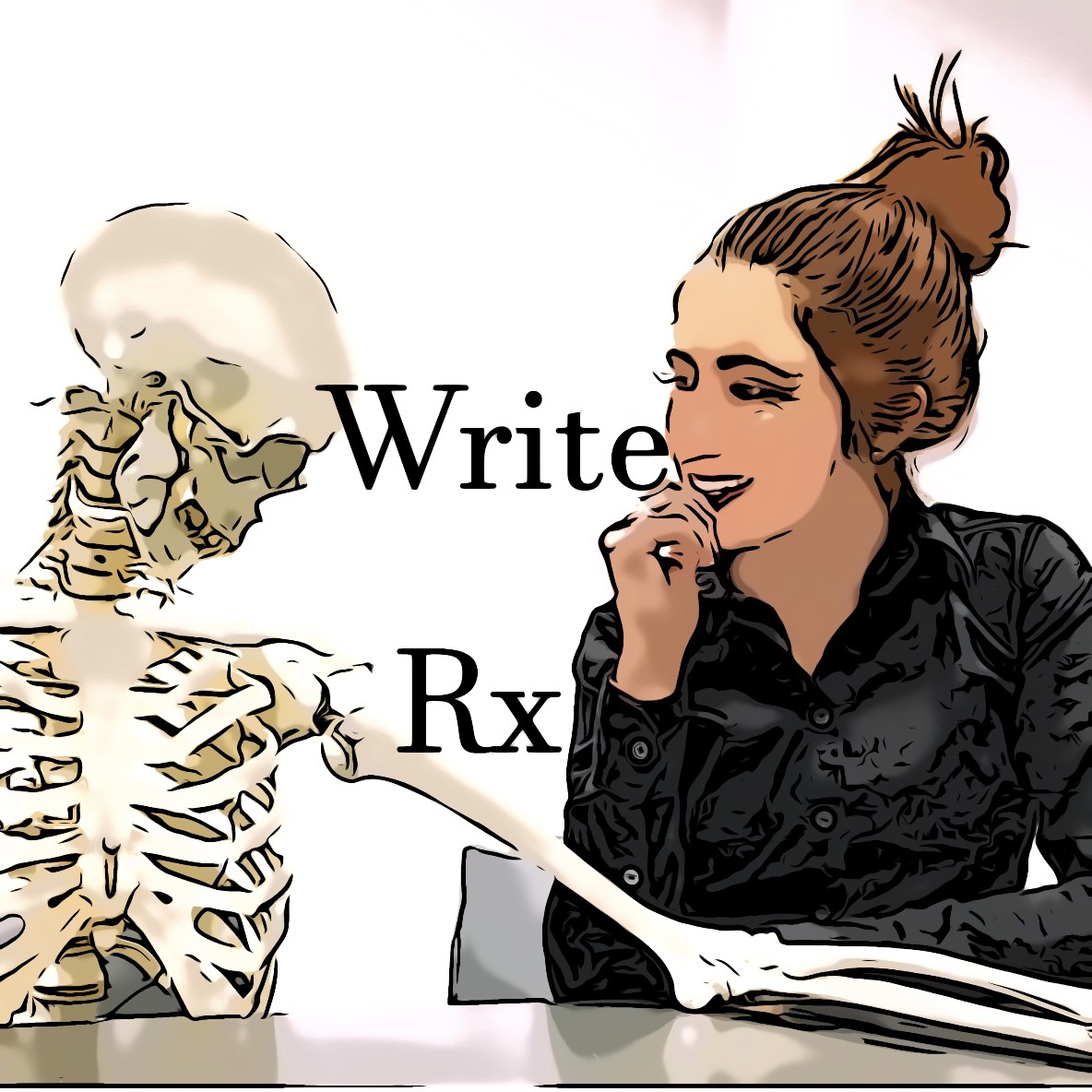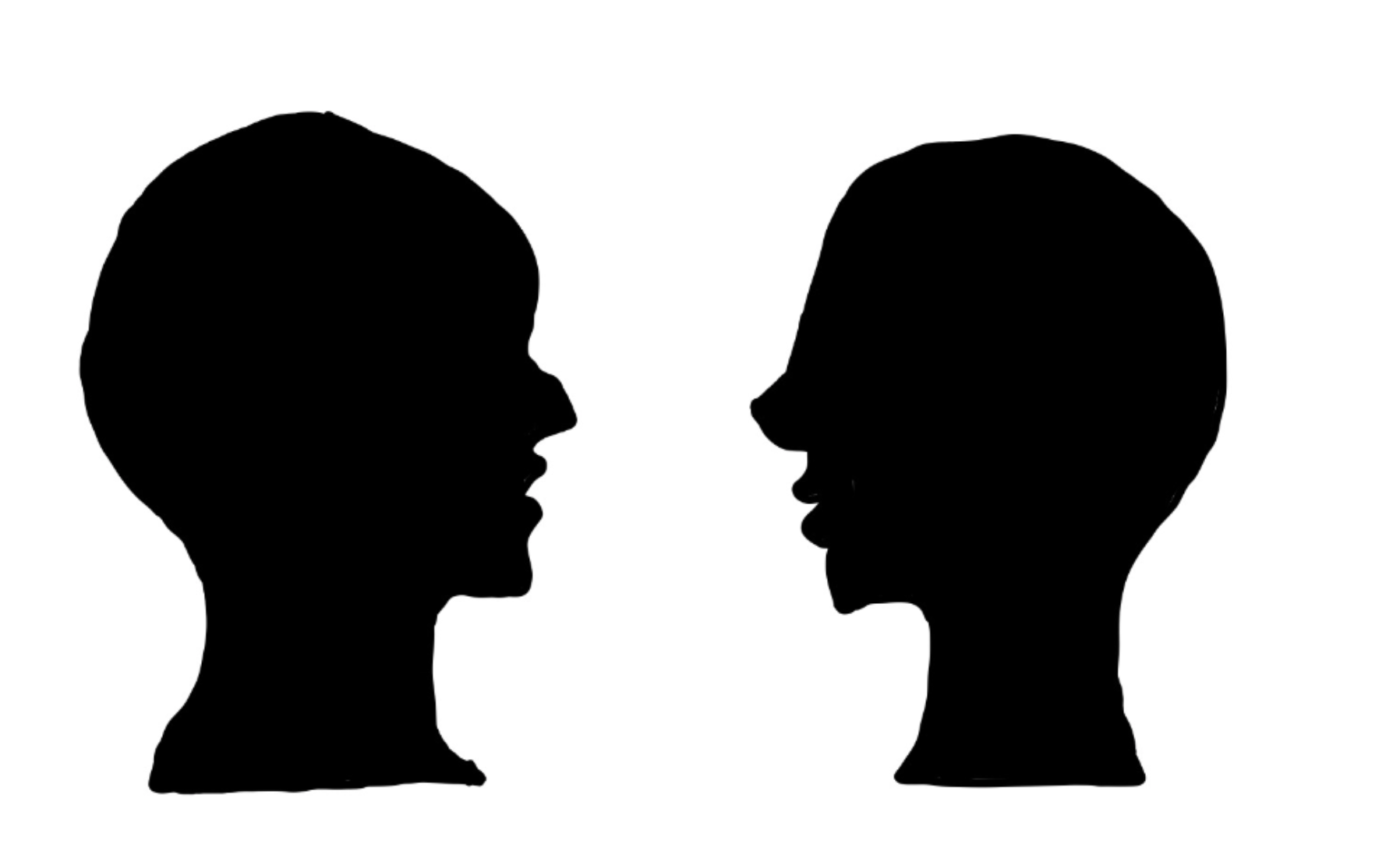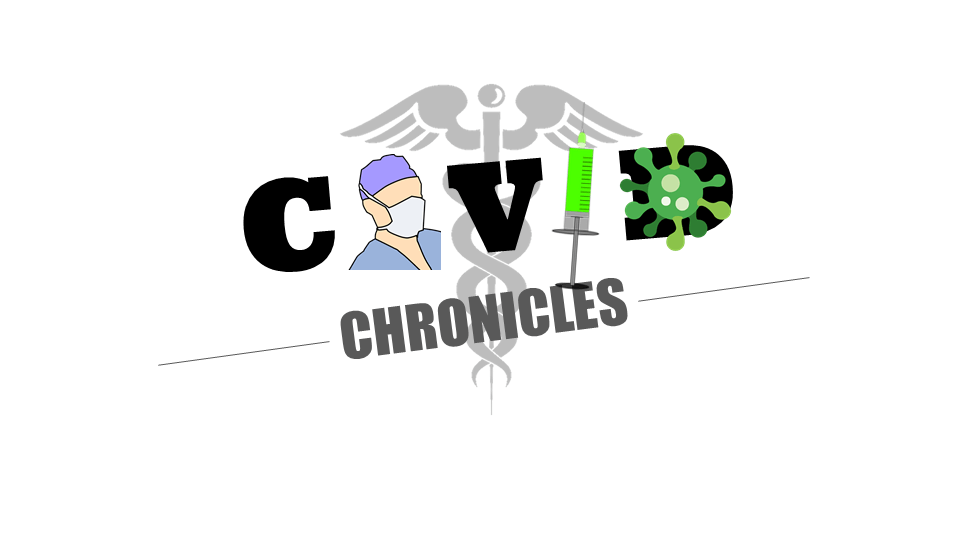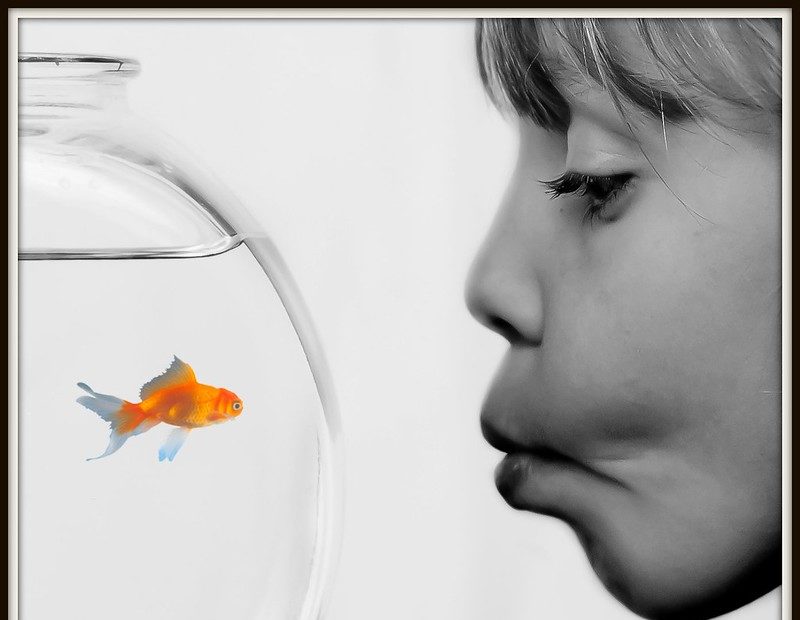Tales Behind the Terms: Rickets
Medical Etymology: Tales Behind the Terms is a series of articles discussing the stories, origins and meanings of the words we use every day in medicine. The goal is to explore the history of complex jargon used with patients and learners. In doing so, I hope that we, as physicians in training, will be able to deliver better health care that can be understood and remembered by all. Rickets is a childhood condition that is …




